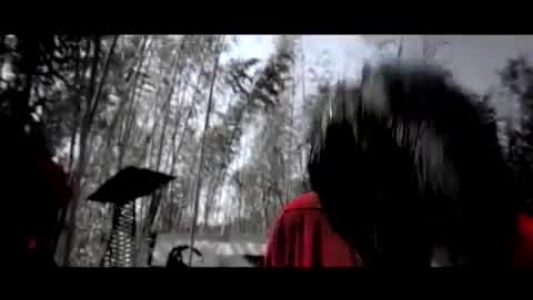


But, 20 years on from their debut, the band’s album We Are Not Your Kind, which went to No. Over time, Slipknot’s horror-show theatrics have proven to be less a visual gimmick than a crucial marker of consistency for a group that’s endured a number of personnel changes and tragedies (namely, the 2010 death of founding bassist Paul Gray). Importing some of the melodic sensibility he cultivated in his concurrent post-grunge band, Stone Sour, Taylor supplemented throat-shredding ragers like 2003’s “Duality” with just enough pop appeal to turn the band into perennial chart-toppers and Grammy Award-winners. But in Corey Taylor, the band possess a lead singer with far greater emotional depth than the typical metal growler. And that sound wasn’t the only scary thing about them: Upping the shock-rock ante established by Marilyn Manson in the ‘90s, Slipknot’s grotesque masks made them look like the death cult from some grindhouse flick. But the group’s self-titled 1999 debut and 2001 follow-up, Iowa, pushed the sound to new extremes, outfitting their palm-muted riffs with a percussive onslaught that owed as much to the rhythms of drum ‘n’ bass as the throttle of thrash. Founded in 1995, the Des Moines, Iowa band were spawned in nu-metal’s petri dish of mosh-pit aggression and turntablist textures. The turn of the millennium sparked fears of an imminent apocalypse, and Slipknot emerged at just the right time to provide its soundtrack.


 0 kommentar(er)
0 kommentar(er)
